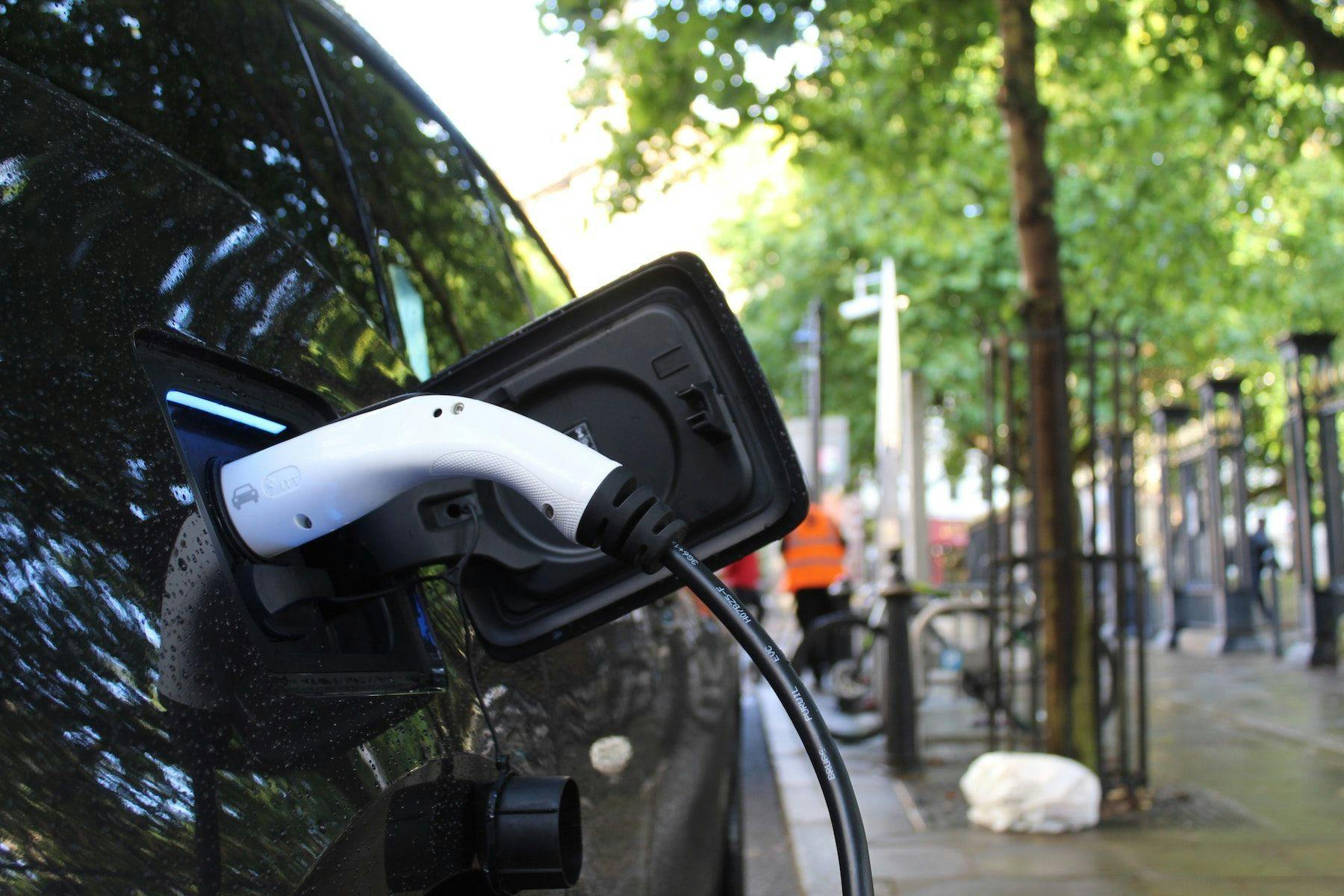191 reads
Fuelling EV Adoption: the UK’s Petrol Crisis Could See a Rise in Electric Vehicle Stock Prices
by
October 14th, 2021

Dmytro is the founder of Solvid and Pridicto. Featured in Hackernoon, TechRadar and Entreprepreneur.
About Author
Dmytro is the founder of Solvid and Pridicto. Featured in Hackernoon, TechRadar and Entreprepreneur.
